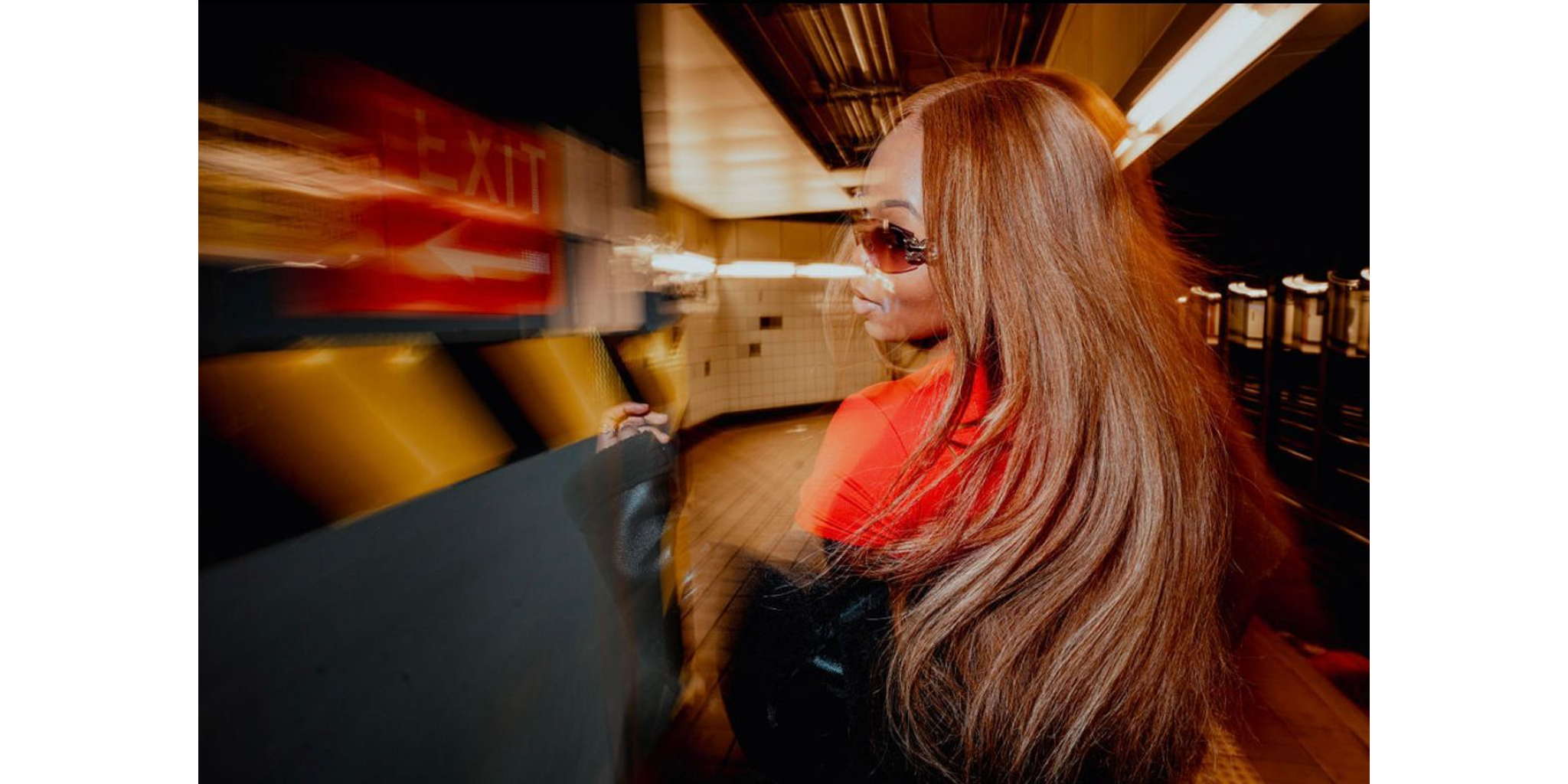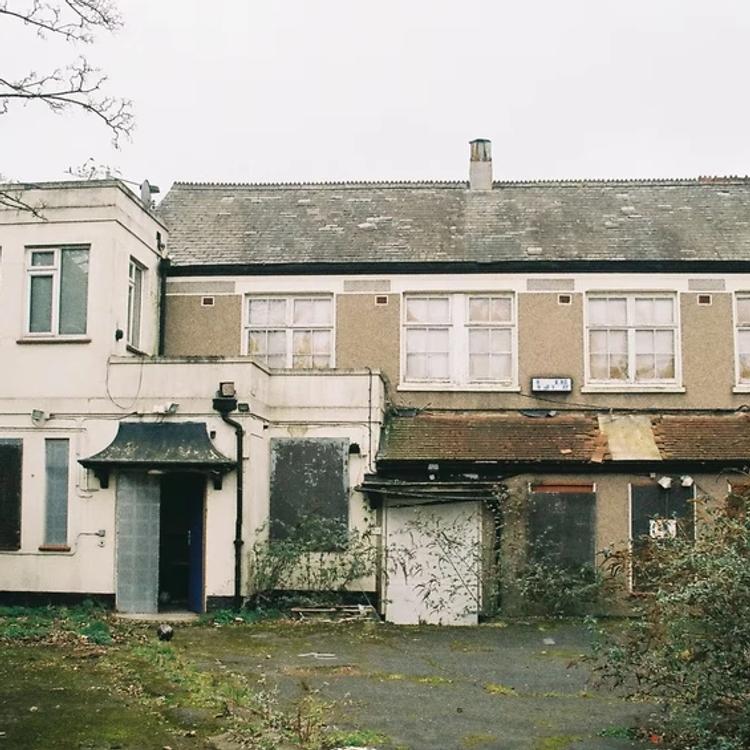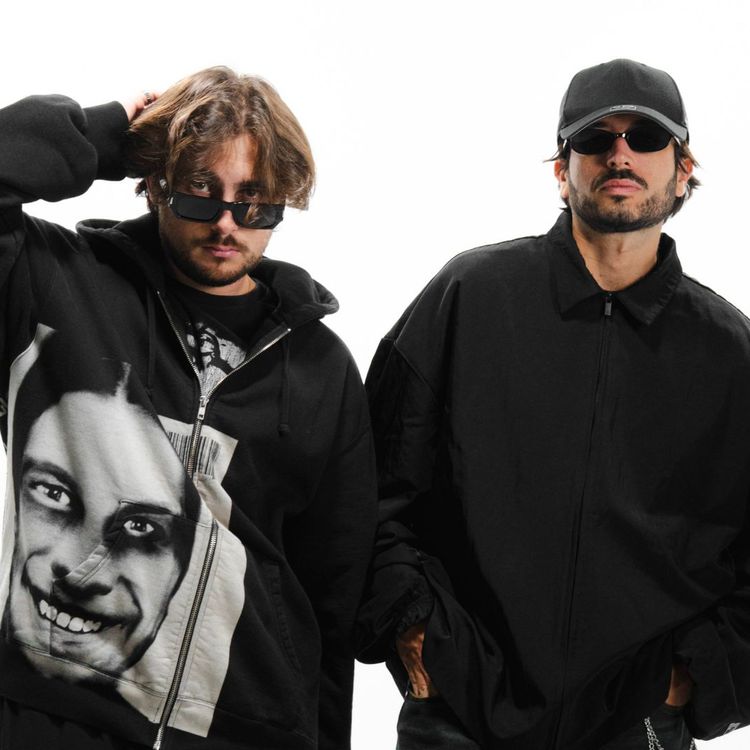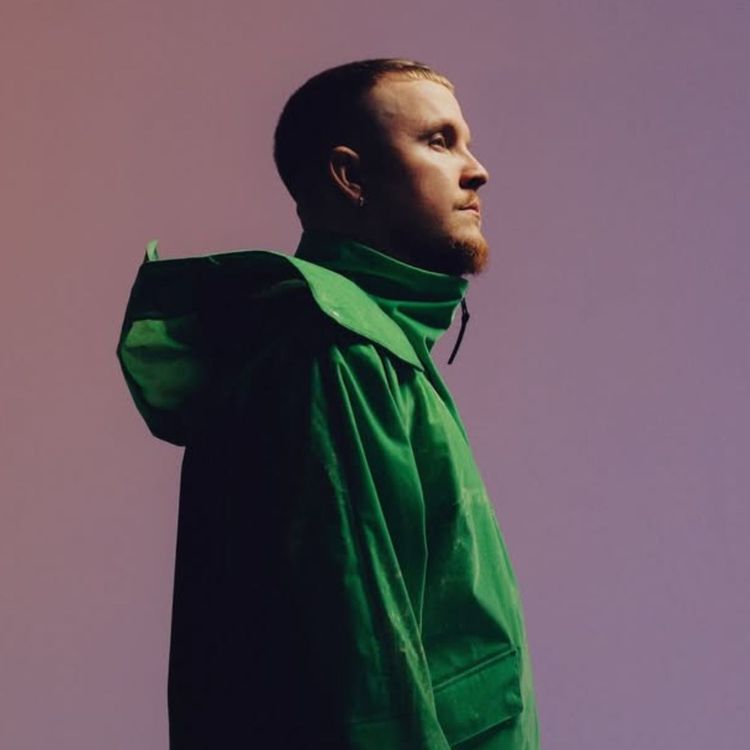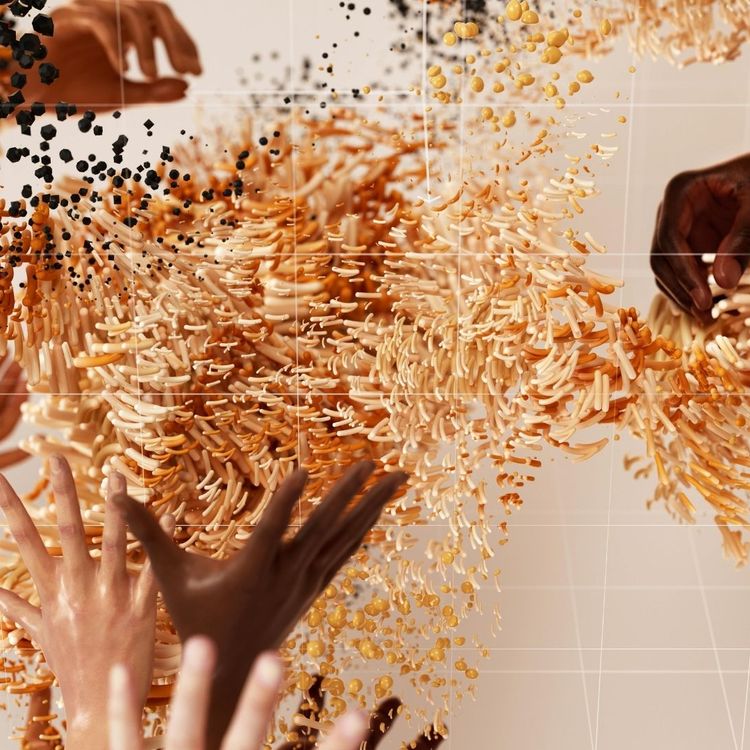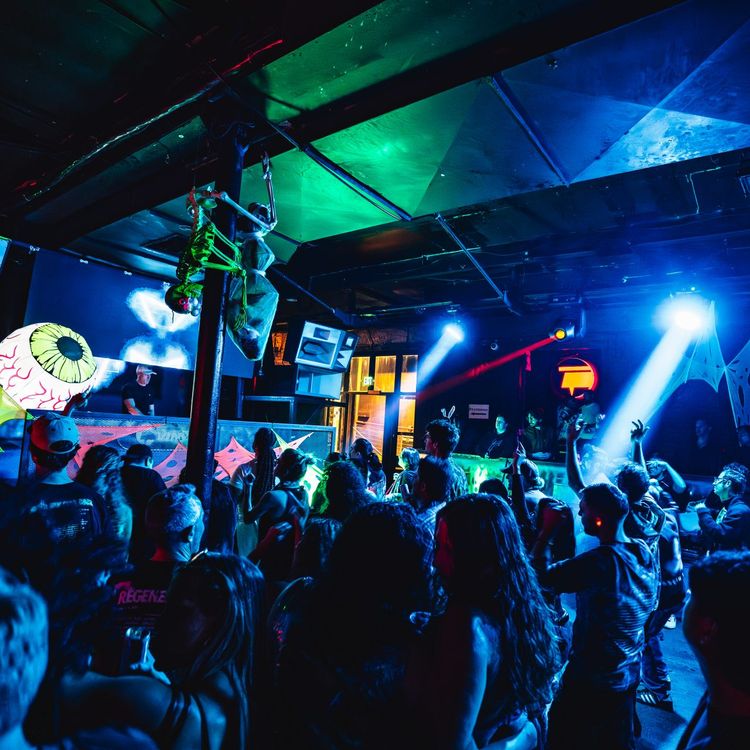Sound of the Diaspora: AQUTIE’s Amapiano Evolution
AQUTIE is redefining what it means to be a DJ in New York’s vibrant music scene. The Harlem-born, South African-Guinean artist has spent the last decade building a career rooted in blending African and global sounds, from amapiano to afro house, disco, and even UK funky. Her unique ability to mix cultural influences with crowd-pleasing ingenuity has earned her slots at some of the most renowned stages in the world, including Boiler Room, Brooklyn Mirage, Savaya Bali, and Afro Nation.
A self-taught DJ who started spinning tracks at college parties, AQUTIE has since become a trailblazer in introducing amapiano to New York City, creating events like AMAPIANO NYC and Heat House to foster a deeper connection between audiences and the music. Her journey hasn’t been without challenges—empty dance floors and skeptical crowds were common early on—but through perseverance, collaboration, and a sharp ear for what resonates, she turned an unfamiliar sound into a local staple.
Now, with a career spanning 10 years, AQUTIE continues to bring her heritage and artistry to the forefront of international music. Her story is one of determination, creativity, and a relentless belief in the power of music to connect cultures and inspire.

What was the most unexpected challenge you faced while introducing amapiano to New York, and how did you overcome it?
People were not receptive to it. I had to deal with a lot of empty dance floors and had many sets that didn’t really give me the opportunity to showcase and shine. I overcame it by just continuing on. In order for others to believe in me, I had to believe in myself. I did a lot of teaching, and by teaching, I mean having conversations with people, creating my own events, collaborating with others who played similar music, and mixing in familiar music with South African house music. It wasn’t easy, but I always knew that I had a special thing going and that I would stand out.
You've played at iconic venues around the world. How does the energy of a New York crowd compare to international audiences like Toronto or Bali?
NYC is a special place. It honestly spoils you. I sometimes have the tendency to compare NYC to other places because I’m just so blessed in that way. The crowds in NYC are really open-minded when it comes to music and culture, so introducing them to this sound was quite difficult but not impossible. I just had to figure out how to do it. I do love being able to go to these different places, play the music I love so much for them, and see them enjoy it.

What has been the most rewarding part of curating events like AMAPIANO NYC and Heat House?
AMAPIANO NYC was special because no one was doing it. It came at a time when the world was still, and people were interested in learning about other things besides themselves. The music was infectious, and the people that attended were music enthusiasts with a passion for rich experiences. They didn’t care about the location; all they cared about was having a good time with good people and good music. They were also hearing something they hadn’t really heard before, so they were really taken aback—in a good way, of course. They just wanted to know more, and now amapiano has gone global.

Heat House is definitely an extension of my love for Black dance music. It allows us to create a space for people to party in the name of house music. Wemi and I have worked hard to bring a unique experience to people, and we’re just getting started. We’ve been able to travel with the event, book some of our favorite acts, and honestly just have a good time. We felt like the art of partying was dying, and we grew up in a time where partying was everything. There wasn’t any social media or content creation... none of those things. Most of all, the focus of a party was to DANCE and CONNECT with others, and we felt that was missing in the NYC dance scene. I’m grateful for how far we’ve come.
You’ve been blending African and global sounds for years. How do you see the future of AfroTech and amapiano evolving in international dance music?
I envision bigger stages, more opportunities to teach people about the sound globally, and I think what will really help us get to these goals is through collaboration. We’re much stronger together.
How do you approach storytelling through your sets? Is there a particular journey you try to take your audience on each time?
Storytelling is my forte. I’ll start off slow and then gradually pick up the bpm as I go along. I’ll start with some amapiano, then end up in some deep house. I’ll go into AfroTech, then shift into Afro house. Next thing you know, I’m playing a disco record, and somehow I start playing some UK funky. I never know where I’ll end up, but I always know that I’ll deliver.
What’s been the most influential non-musical experience that has shaped your approach to DJing?
Patience! Because entertainment is not an easy field to be in. I’ve had to teach myself that my journey is different from others and that I can’t compare myself.
The past decade has seen you evolve from hosting college parties to commanding global stages. What’s one thing you wish you could tell your younger self at the start of your journey?
Honestly... I’ve always been in my own lane and have always believed in myself, even in the very beginning. One of my very first college parties, we spent 80% of the party trying to figure out how to get the sound, and once we finally did, we rocked that party out for the last hour or so, and it was one of the most memorable nights of the year. No one was there to teach me these things; I had to learn on my own, and I think that gave me the push I needed to succeed.

What’s a lesser-known genre or musical trend you’re currently obsessed with and think more people should explore?
3 Step is a new genre of music that is a mixture of amapiano and deep house. It was created this year and is still evolving.
With the growing presence of women DJs, what do you hope to see more of in the industry in the next few years?
REPRESENTATION! That’s it, that’s the tweet.
Your sets often feature seamless transitions across genres. How do you select which genres to blend for a specific event or crowd?
Every set is different, so I like to see who I’m playing with and start there. Reading a crowd is also helpful as well, seeing what they move to... but you can’t always trust a crowd either because people are sticklers, and they’ll only dance to what they know these days. BUT as a DJ, it’s your duty to introduce them to new sounds, which means you have to trust yourself. Outside of that, I honestly wing my sets. I don’t like to pre-select songs I’ll be playing. We all have those key tracks we like to play, but I like to surprise myself.

How do you define success as an artist? Has that definition changed for you over the years?
Success for me is when you inspire others in ways you never thought you could. Success is when someone comes up to you and thanks you for playing an awesome set. Success is so much more than the big stages; it’s the little ones too. We often measure success with money, and it’s so beyond that. Success to me is when you’re happy, fulfilled, and spreading indescribable joy with others. I’ve had very successful moments in my career, and I absolutely plan to have more.
Is there a particular ritual or routine you follow before stepping onto the decks for a big performance?
I like to listen to no music at all before my set, or I listen to different genres that are the total opposite of what I’m about to play.

As someone deeply connected to both your African heritage and your American upbringing, how do you approach bridging those cultural influences in your music?
I had to do a lot of this when I first started playing South African music. I used to do a lot of edits and mixes of South African songs with acapella's of hip hop or R&B records, or mixed in soca with some South African house music because the BPMs are close in range. That’s honestly how I was able to win people over. That familiarity helped them understand more.
What’s the one piece of equipment or software you can’t live without in your setup?
My headphones. I usually play without them, but it’s always nice to have them there because we all know how technical things can get.
If you could create the ultimate music festival lineup, who are the top five acts you’d want to perform alongside?
Kaytranada, Louie & Anane Vega, Shermanology, and Caiiro.
